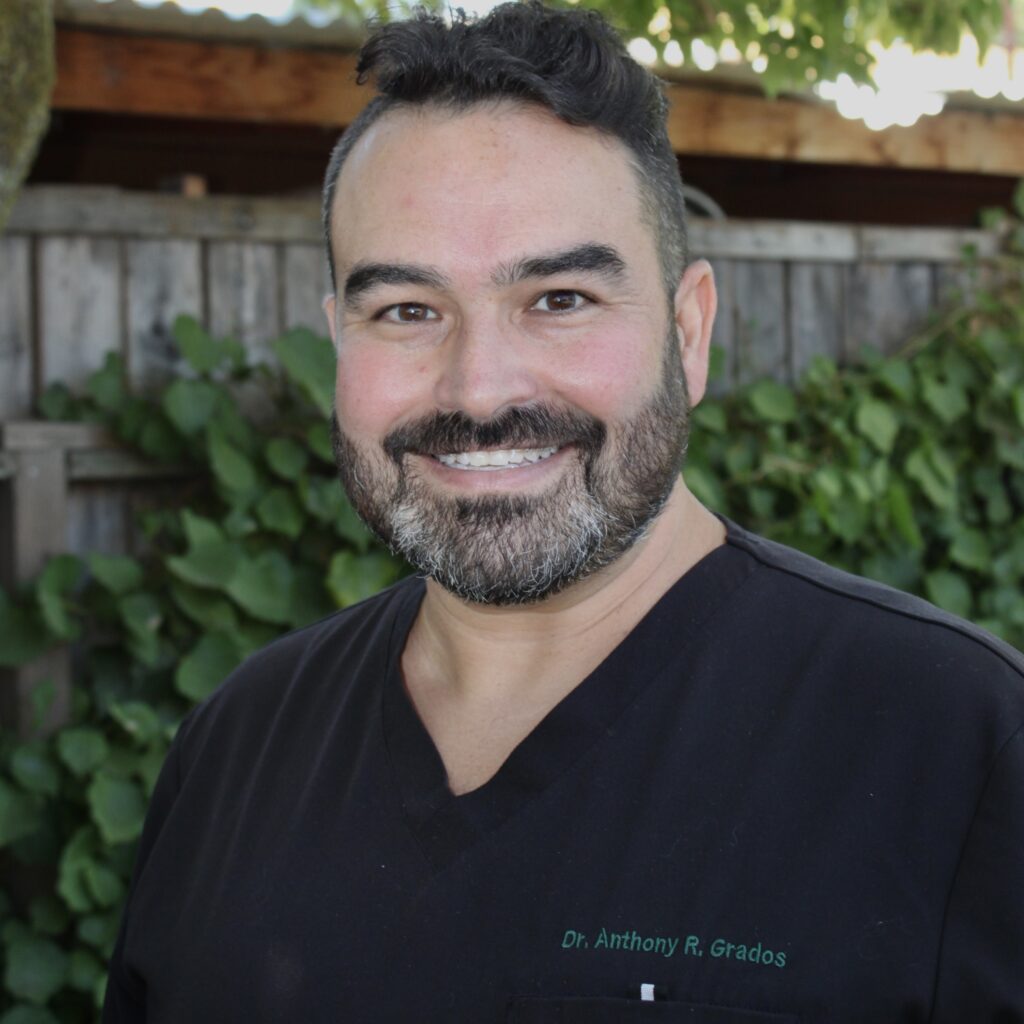What is a root canal?
Root canals treat decay or damage impacting a tooth’s nerve. Once it has become infected or inflamed, the pulp – or, the soft tissue inside of a tooth – is removed. The branch of dentistry that concerns root canals is called endodontics, which is an area where our Forestville Family Dental team has a lot of expertise.
“Root canal” is a loaded term, but the reality is that root canals a.) are not painful, and b.) significantly improve daily life post-procedure. If someone needs a root canal, it’s likely they are experiencing significant pain and discomfort on a daily basis. Not only does a root canal alleviate this pain, but it also prevents the need for a tooth extraction and the risk of decay spreading into one’s other teeth, gums, or even jawbone. In other words, a root canal is a much better route to take than the alternatives.
When to Consider Root Canal Treatment:
– Your teeth have severe decay
– One or more teeth are tender to the touch
– Nearby tissues and/or lymph nodes are swelling
– Your teeth are sensitive to heat and cold
– One or more teeth hurt when you eat or chew
– You find a fistula, which is a “pimple-like” abscessed tooth next to an affected tooth on your gum tissue, with a lot of decay
– Your tooth has a fracture
Whether you’re experiencing one or more of these issues, or you simply want a consultation, reach out to us to schedule an evaluation and, if needed, start forming a treatment plan. Treatment changes from patient to patient, depending on your needs.
What Happens During a Root Canal?
Root canal procedures are lengthy but straightforward. We start by thoroughly numbing the operating area with a local anesthetic to eliminate pain. From there, the steps are simple: to make a small opening in the top of the tooth and remove decay or dead tissue from the pulp; disinfect the canals inside of it; seal them; and then replace the empty space with any one of a number of restorations, based on the extent of tooth damage. Most commonly, the final step of a root canal resembles a regular filling.
You’ll be able to eat, chew, and smile regularly within a short time after your procedure. Until then, however, we advise that you avoid chewing with the tooth that was treated. A certain amount of post-procedure sensitivity in your tooth is normal. However, if this pain becomes severe or lasts a long time, talk with your dentist to see if something may need to be done.
Let us help fix your tooth pain.
If you want to learn more about root canals and discuss whether they may be the right solution for you, please reach out to us at Forestville Family Dental. We’d be happy to help walk you through your options.

